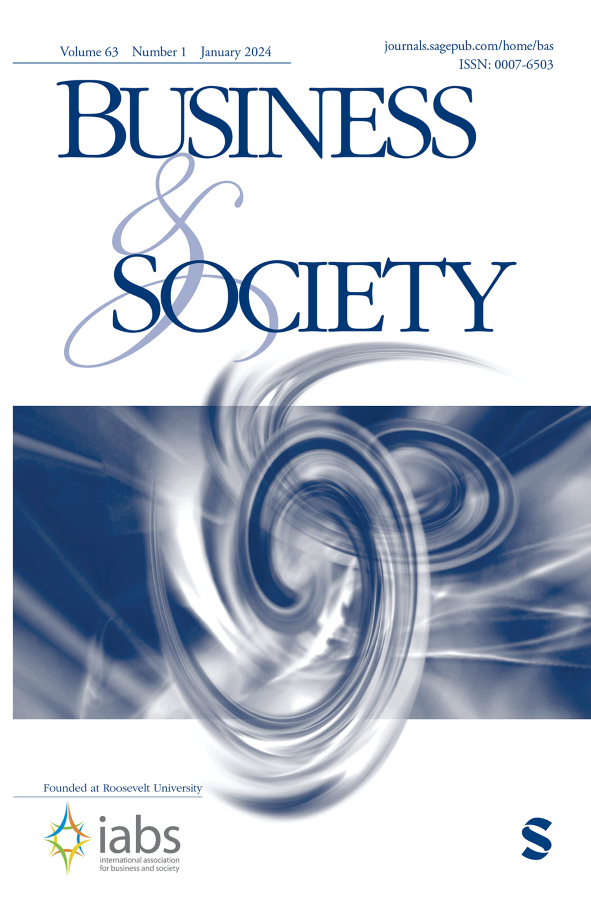威权资本主义下的企业慈善与CEO外部董事
IF 6
3区 管理学
Q1 BUSINESS
引用次数: 0
摘要
长期以来,学者们一直认为首席执行官可以从企业慈善事业中受益。然而,在中国这样的威权资本主义背景下,人们对这种关系知之甚少,在中国,国家不仅利用对经济实体的控制来追求社会目标,而且在首席执行官的职业生涯中发挥着关键作用。我们推测了国有企业的慈善事业如何增加首席执行官以外部董事身份从国家获得职业福利的可能性。外部董事是中国社会资本的一种重要形式,企业慈善事业是获取社会资本的重要机制。此外,我们从理论上论证了两个因素——国家所有权的程度和首席执行官董事会中独立董事的数量——如何调节这种关系。通过分析一个由中国国有上市公司组成的12年小组,包括6594个公司年度的观察结果,我们发现我们的想法得到了普遍支持。通过这样做,我们有助于研究威权资本主义背景下的商业社会关系和公司治理。本文章由计算机程序翻译,如有差异,请以英文原文为准。
Corporate Philanthropy and CEO Outside Directorships Under Authoritarian Capitalism
Scholars have long suggested that CEOs can benefit from corporate philanthropy. However, little is known about this relationship in contexts of authoritarian capitalism such as China, where the state not only uses its control of economic entities to pursue social goals but also plays a key role in CEOs’ careers. We theorize how corporate philanthropy among state-controlled firms increases the CEO’s likelihood of receiving career benefits from the state in the form of outside directorships. Outside directorships represent an important form of social capital in the Chinese context, and corporate philanthropy is an important mechanism through which social capital can be acquired. In addition, we theorize how two factors—the degree of state ownership and the number of independent directors on the CEO’s board—moderate this relationship. Analyzing a 12-year panel of state-controlled, publicly-listed firms in China comprising 6,594 firm-year observations, we find general support for our ideas. In so doing, we contribute to scholarship on the business–society relationship and corporate governance in the context of authoritarian capitalism.
求助全文
通过发布文献求助,成功后即可免费获取论文全文。
去求助
来源期刊

Business & Society
BUSINESS-
CiteScore
14.80
自引率
11.40%
发文量
56
期刊介绍:
Business & Society publishes original research, book reviews, and dissertation abstracts relating to business ethics, business-government relations, corporate governance, corporate social performance, and environmental-management issues. Manuscripts relating to the field of business and society in general are also published. Submissions of theoretical/ conceptual work as well as empirical studies are encouraged. Business & Society is the first peer-reviewed scholarly publication devoted exclusively to the field of business and society, and it is the official journal of the International Association for Business and Society (I.A.B.S.), the only independent professional association dedicated to business and society teaching and research.
 求助内容:
求助内容: 应助结果提醒方式:
应助结果提醒方式:


